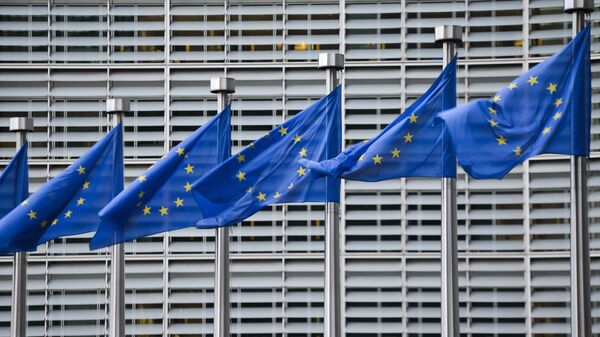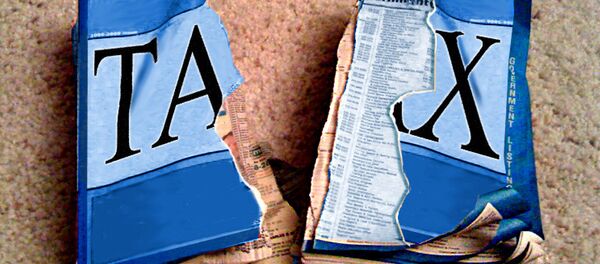On Thursday, the European Commission stated that the UK's Controlled Foreign Company (CFC) rules, which generally aimed at preventing UK firms from avoiding taxes, contradict EU competition law. According to the release, UK CFC rules give some companies better tax treatment as since 2013 they contain an exception for a certain kind of financial income.
We open in-depth investigation into UK tax scheme for multinationals https://t.co/LCkl8P1A24 #StateAid pic.twitter.com/BP5Da1VMNQ
— European Commission (@EU_Commission) October 26, 2017
CFC rules are an important element of financial legislation since they allow to tackle tax avoidance issues in a way that they entitle the UK authorities to reallocate incomes shifted to offshore firms back to the parent company where it can be taxed properly. However, there is an exemption which provides an opportunity for some multinational corporations active in UK to pay less taxes or no taxes at all. UK's CFC rules include a clause called Group Financing Exemption which exempts from redirecting from the UK and thus from taxation financing income received by the offshore firm from another foreign group company.
The UK's Group Financing Exemption entered into force in January 2013 after the reform of the UK CFC regime under the Finance Act was introduced in 2012. Although the UK has launched the process of withdrawal, the country is still formally a member of the EU and thus it has to abide by the union's laws.
READ MORE: European Commission Slammed for Failure to Get Real on Tax Avoidance
Since June 2013 the Commission has been probing into tax exemption schemes. Earlier in October, the European Commission ordered Amazon to pay $295 million in back taxes to Luxembourg, claiming the company was given illegal preferential treatment.
EU orders Amazon to pay Luxembourg €250 million tax bill pic.twitter.com/Bkt6LY4Glq
— Market Way Global (@MarketWayGlobal) October 24, 2017
In 2016, the European Commission ruled that Apple had to pay $15 billion to Ireland, after determining that the low tax rate given to the US technology giant by Irish tax authorities broke the state aid rules. Both Ireland and Apple appealed the ruling.



